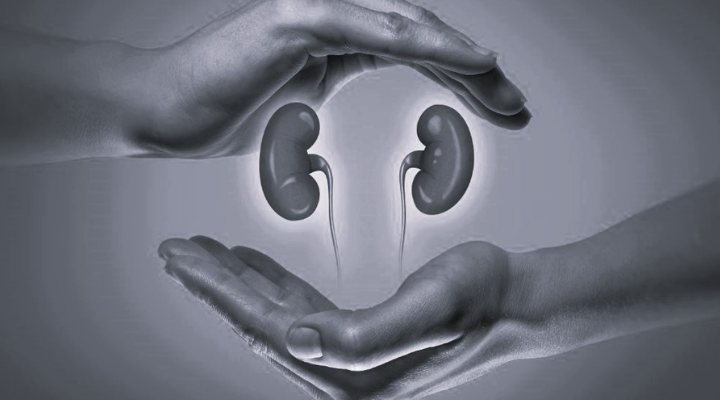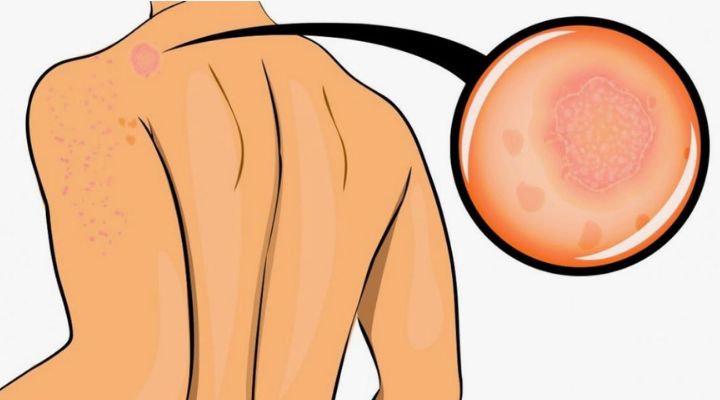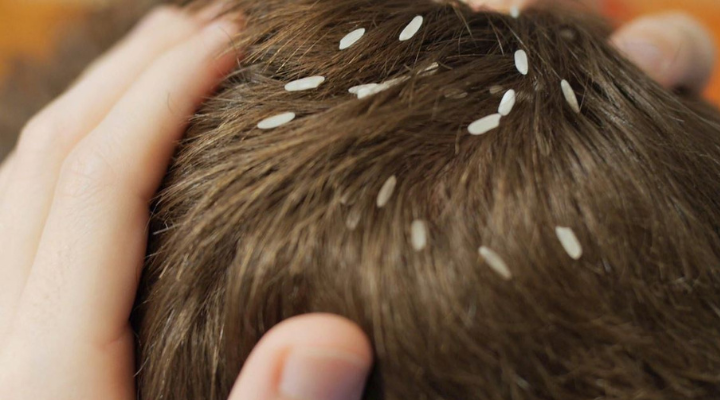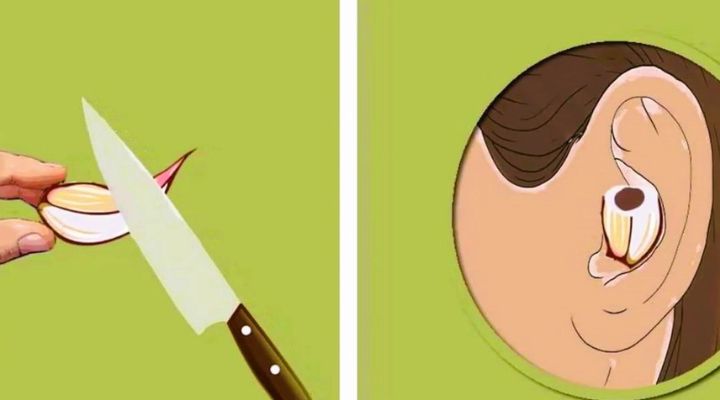Application Method
- Clean the Area: Prior to application, make sure the area is dry and clean.
- Apply the Diluted Lemon Juice: Use a cotton ball or clean cloth to apply the diluted lemon juice to the private parts.
- Leave for a Few Minutes: Allow the lemon juice to sit for a few minutes. Avoid leaving it on for too long to prevent irritation.
- Rinse Off: Rinse the area thoroughly with lukewarm water.
- Moisturize: To keep the skin moisturized, use a light moisturizer.
Alternatives to Lemon Juice
For those who find lemon juice too harsh, there are alternative natural remedies that offer similar benefits without the potential for irritation.
Apple Cider Vinegar
Apple cider vinegar has antibacterial and antifungal properties and can also balance the skin’s pH. Dilute it with water before application to the private parts.
Coconut Oil
Coconut oil is a gentle and moisturizing alternative that has antibacterial and antifungal effects. It is suitable for sensitive skin and can provide relief from dryness and irritation.
Aloe Vera
Aloe vera is well renowned for its restorative and calming qualities. It can help alleviate irritation and promote skin health without causing dryness or sensitivity.
Conclusion
Applying lemon juice to the private parts can offer various benefits, from antibacterial and antifungal effects to skin lightening. However, it is essential to approach this natural remedy with caution due to the potential risks of skin irritation, dryness, allergic reactions, and photosensitivity. Diluting the lemon juice, performing a patch test, and using alternative remedies can help mitigate these risks. By following these guidelines, individuals can safely explore the benefits of lemon juice for their intimate health.







